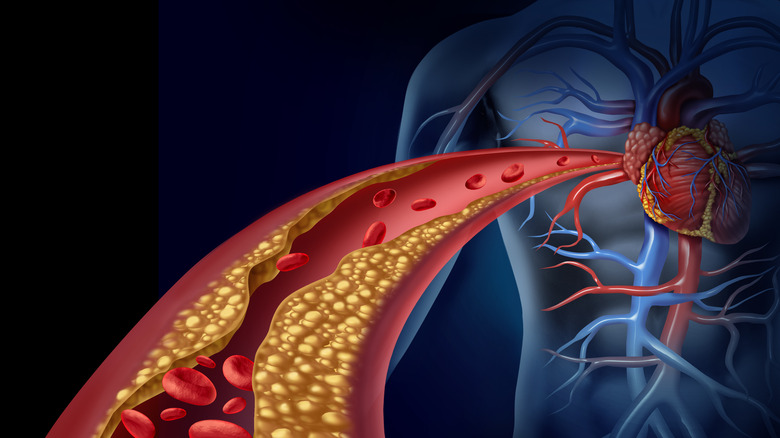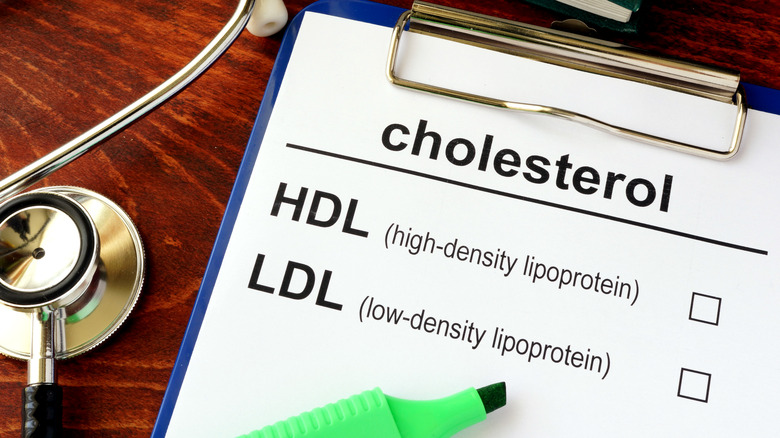Why Low Levels Of 'Good' Cholesterol Might Not Predict Heart Disease Risk
Defined as high-density lipoprotein, HDL cholesterol is otherwise termed the "good" cholesterol, as explained by the U.S. Centers for Disease Control and Prevention (CDC). This type of cholesterol absorbs LDL (low-density lipoprotein) cholesterol and transfers it to the liver through blood flow, where the liver then filters it out of the body. Unlike LDL cholesterol, which is reported to increase one's risk for cardiovascular disease, the more HDL cholesterol one has, the less prone they may be to heart disease and stroke.
However, a new study published in the Journal of the American College of Cardiology is giving the medical community reason to think twice about the relationship between cholesterol and heart disease risk. Reviewing records from nearly 24,000 American adults who had participated in the Reasons for Geographic and Racial Differences in Stroke study (REGARDS) between 2003 and 2007, researchers tracked participant health data over the course of 10 to 11 years, reports the National Institutes of Health (NIH). "The goal was to understand this long-established link that labels HDL as the beneficial cholesterol, and if that's true for all ethnicities," Dr. Nathalie Pamir, senior author of the study and an associate professor of medicine within the Knight Cardiovascular Institute at Oregon Health & Science University, Portland, told the organization.
Rethinking the relationship between cholesterol and cardiovascular health
During the average 10-year follow-up period, 664 Black adults experienced a heart attack or related death compared to 951 white adults, as per the study. The study findings showed a link between lower levels of HDL cholesterol and an increased risk for heart attack or related deaths, but only in white adults, reports the National Institutes of Health (NIH). However these findings did not hold true for Black adults in the U.S. Furthermore, increased levels of "good" cholesterol did not seem to lessen the risk for heart disease in either demographic group. Yet researchers did observe a modest increase in heart disease risk for adult participants with greater levels of LDL cholesterol, or "bad" cholesterol.
With much of the established research around HDL cholesterol and related cardiovascular health dating back to the 1970s and involving predominantly white adults, the study researchers point out a need for further research involving more diverse study samples (per NIH). In addition, health experts are now encouraging research that further examines our preconceived notions about cholesterol and heart health. "The findings suggest that a deeper dive into the epidemiology of lipid metabolism is warranted, especially in terms of how race may modify or mediate these relationships," says Sean Coady, a deputy branch chief of epidemiology within the National Heart, Lung, and Blood Institute (NHLBI)'s Division of Cardiovascular Sciences, via the NIH.


